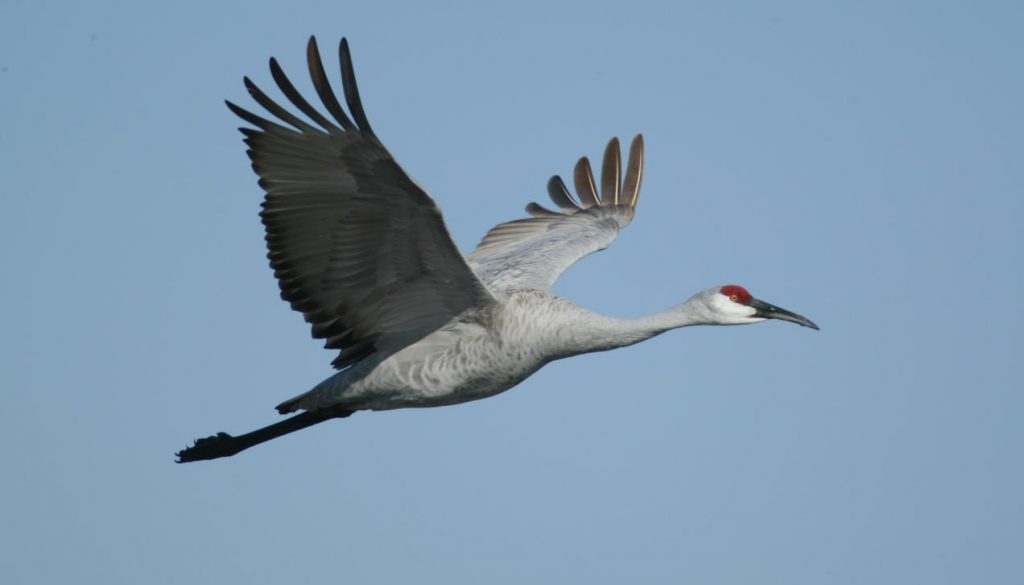We Can’t Turn Our Backs on the Birds
By Larissa Liebmann, Waterkeeper Alliance
Whether it’s identifying the birds visiting a feeder outside a window, watching ducks float along a city park pond, or spotting a glimpse of an eagle on the riverside, birds so often play a significant role in strengthening our connection with the natural world. They have also been an important rallying cry for environmental protection. Decades before Rachel Carson’s book Silent Spring warned that reckless pesticide use was leading us to a future with no songbirds, the Migratory Bird Treaty Act helped save numerous bird species from the brink of extinction.
The Migratory Bird Treaty Act has been protecting birds for over a hundred years. Now, despite the growing threats to bird populations, the Administration is trying to significantly limit the protections of this monumental law. Please join us in speaking out against this reckless proposal by filing your comment today.
At the end of the 19th century, many bird species in North America were being wiped out by overhunting. The Migratory Bird Treaty—first joined by the United States and Canada—was signed into law in 1918, making it one of the earliest environmental laws in the country. The law forbids harming migratory birds, as well as their eggs and nests, in any way.
Over the 20th century, it became obvious that birds faced grave dangers beyond just overhunting, including habitat destruction and dangerous industrial practices. Therefore, the Migratory Bird Treaty Act also applies to actions that harm birds regardless of the intent. The Act’s prohibition on what is known as “incidental take” requires companies to reduce harms caused by everyday operations. For example, some industrial and fossil fuel operations have large pits of toxic wastes or oil. Without measures in place to prevent birds from landing on them, these sites can become massive death-traps when birds mistake them for ponds. Additionally, since migratory birds rely on clean, safe water for survival, many of the habitat protections provided by the Act also protect our wetlands and waterways.
Now the administration is trying to limit the Migratory Bird Treaty Act to only prohibit actions done with the intent to harm birds. This means any company not clearly in the business of bird-killing would no longer be held responsible for actions that kill or harm birds. With companies off the hook from taking precautions and mitigating the harms they cause to birds, we could see a massive increase in habitat destruction and bird death. For example, if this proposal had been in place when the BP oil spill occurred in the Gulf of Mexico, BP would have faced no penalties under the Act, despite causing the deaths of over a million birds.
This rollback of protections could not come at a worse time—studies already show that climate change and other stressors are causing a massive decline in bird populations. Please join us in telling the U.S. Fish and Wildlife Service that now is not the time to remove incentives for companies to protect birds.

